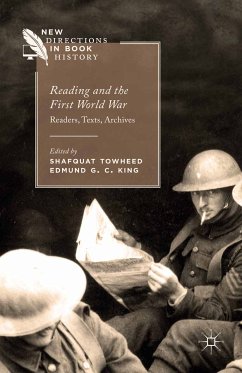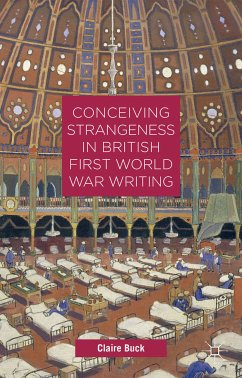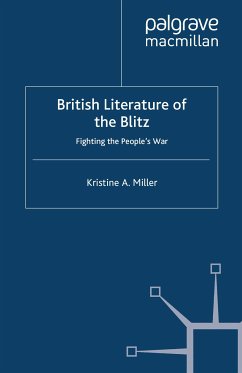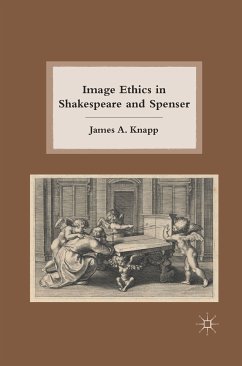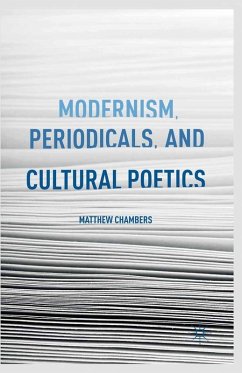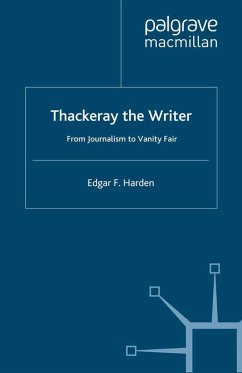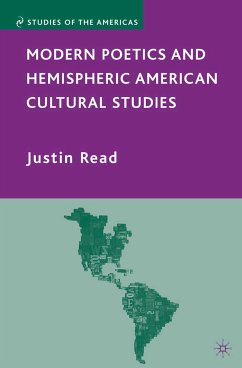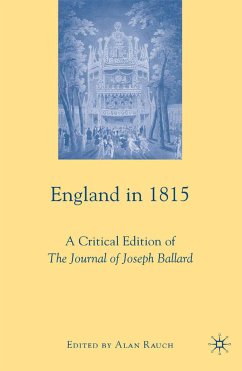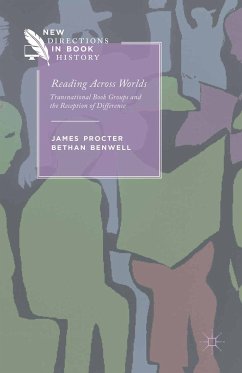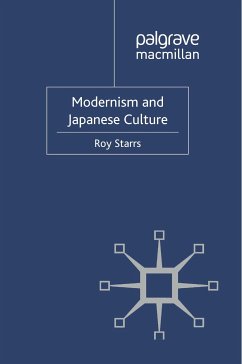"This collection of 13 essays focuses on readership, representing the democratizing shift in literary research that is now a standard approach to the teaching of literary culture. ... This book should be used by researchers working on the study of this war, as well as those working on book and publishing history, since the essays discuss little-known archival possibilities that established researchers may not know, and newcomers should certainly be made aware of." (Kate Macdonald, First World War Studies, July, 2017)
"As Reading and the First World War demonstrates, a vast number of those involved in World War I-not only soldiers but also civilians-read avidly. ... comprises a range of essays addressing topics as varied as the
reading practices of war artists behind the line; of conscientious objectors; and of Australian prisoners of war. ... the nurses and ambulance drivers who must have read, if only occasionally-ultimately Reading and the First World War contains somethingfor everyone." (Kabi Hartman, English Literature in Transition, Vol. 60 (1), 2017)
"The history of reading in the First World War is an area of particular significance in this commemorative period. It has benefited from a conjunction of archival and digital projects that makes new accounts and resources available to scholars across the world. ... This complex intermingling of experience and imagination animates the collection as a whole, making this not just a gathering of scholarly perspectives, but a testament to the interdependence of all acts of wartime reading, politically and culturally." (Lucy Collins, SHARP News, sharpweb.org, August, 2016)
"Reading and the First World War participates in the recent digital turn and transnational turn in book history, which are also central to modernist studies. ... Reading and the First World War includes some particularly strong essays based on work in neglected archives and collections. It will be of interest not only to book historians (its explicit audience), but also to scholars of modernism." (Lise Jaillant, Modernism, modernity, Vol. 23 (2), April, 2016)
